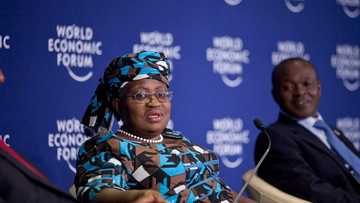Marriage not dating, is it normal?
Arranged marriage is a wide-spread practice in which someone outside the couple makes the selection of the bride or groom, meanwhile shortening or even omitting the process of dating. Such marriage without dating is deeply rooted in aristocratic and royal families throughout the whole world.
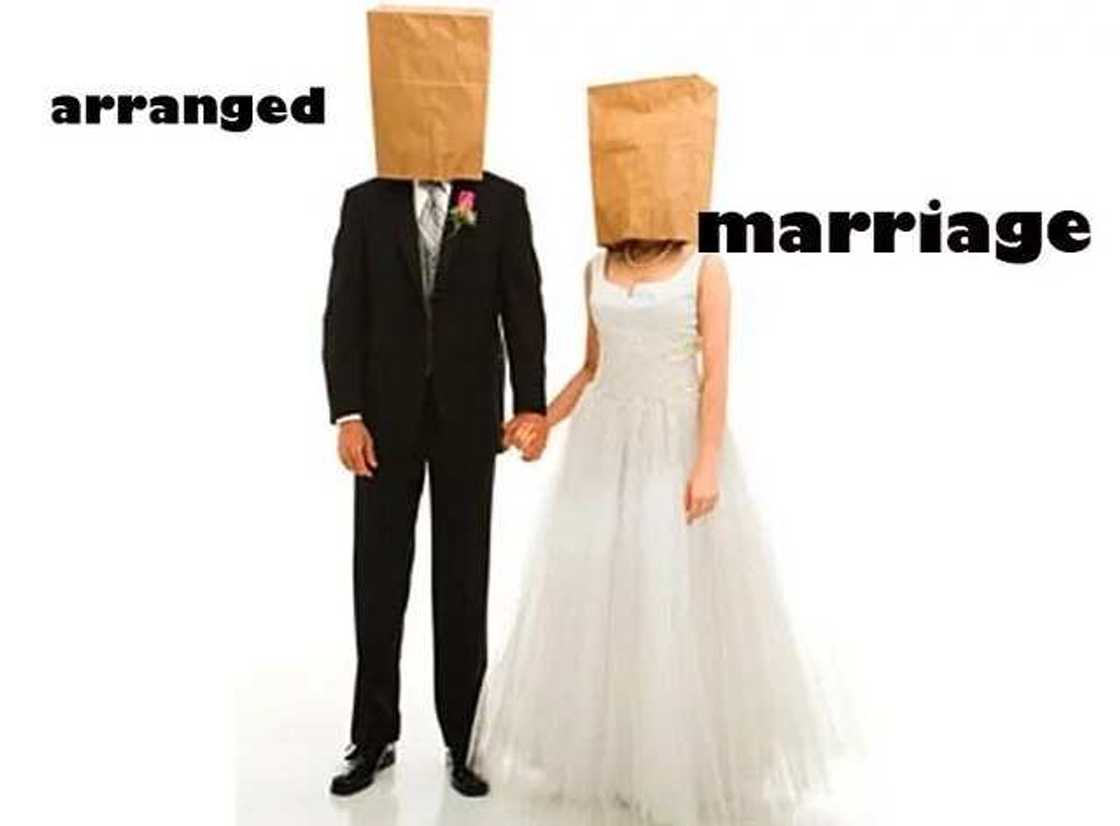
Today, arranged marriages (they are sometimes called the fixed marriage) are widespread in South Asia (Pakistan, Sri Lanka, India, Bangladesh), Africa, the Middle East and also South-East Asia and East Asia.
Some other communities also practice this ritual – they are a Unification Church and Hasidic Jews. This type of marriage must not be confused with the forced marriages when one uses power to marry him or her.
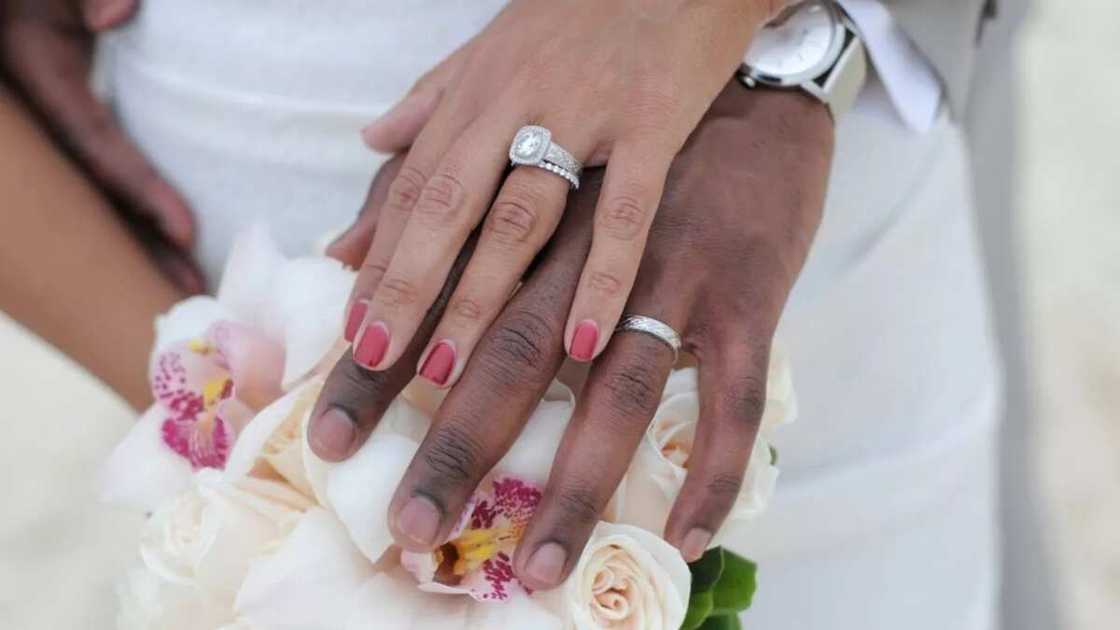
Arranged marriages often occur in Indian, some traditional European and African cultures, especially among the nobility. They are usually arranged by the decision of their parents or older family members. Selection can be done by parents, matchmaker, marriage agency or a trusted third party. In a lot of communities, priests or religious leaders, as well as relatives or family friends play an important role in courtship.
In most cases, when it comes to the wedding, we assume that the bride and groom have made their choice based on mutual deep feeling - love. Of course, it is no secret that marriages are made not only because of love. Life situations make their own adjustments, even in such a serious issue. But in most countries arranged marriage without dating is usually an exception rather than a common practice.
Variations of arranged marriages
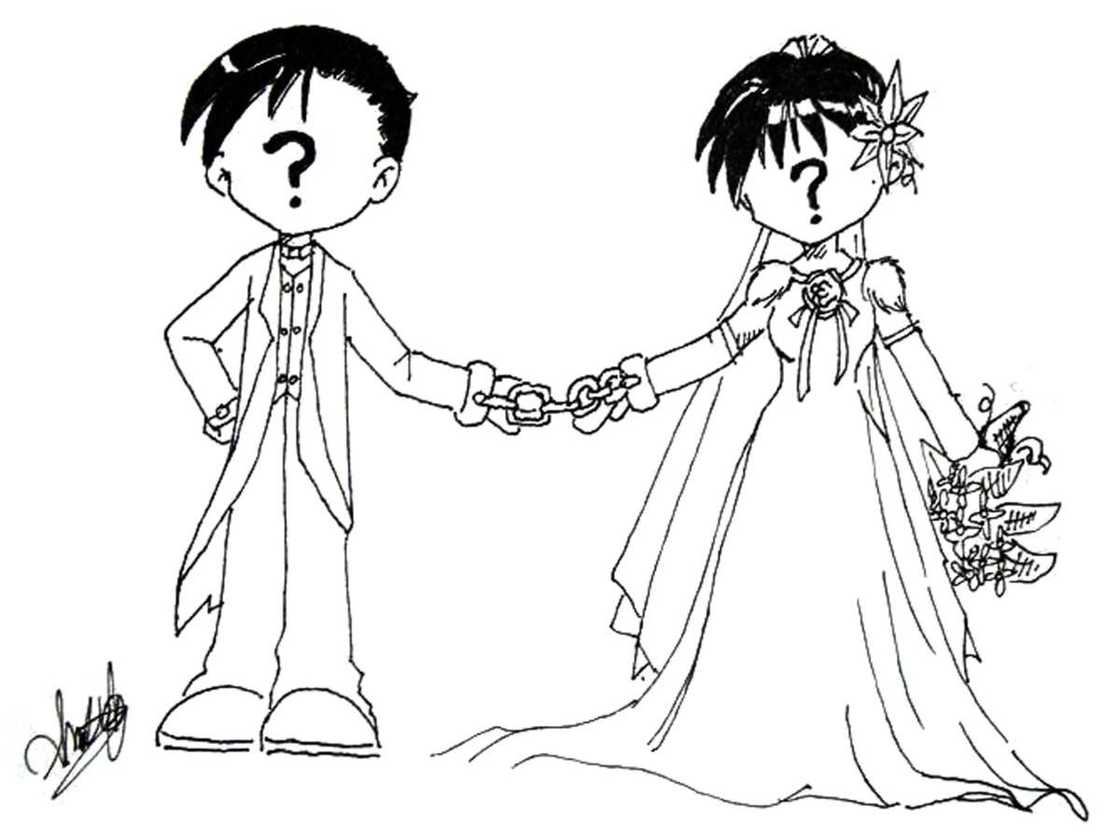
READ ALSO: 10 types of love relationships: Which one is yours?
Arranged marriages vary both in the nature and duration of meetings from the first date to the engagement. In an arranged marriage the parents introduce their son or daughter a potential groom or bride.
Since then, the children have the right to tie a relationship and to make a choice. Assigned time does not exist. This phenomenon is common in rural areas of North America, South America, and especially in India and Pakistan. This occurs in Korea and Japan.

Read also
Singer Yemi Alade appointed as UNDP goodwill ambassador, set to promote women empowerment and more
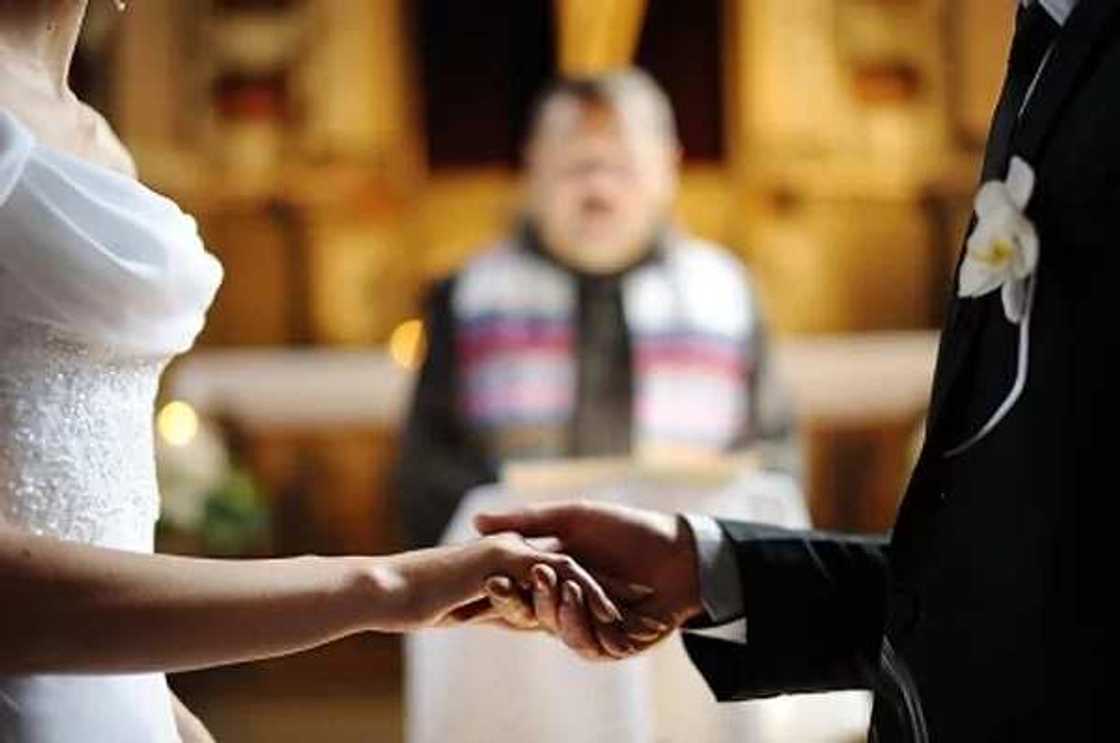
This type of arranged marriage is common in Iran. This is not a time-limited process and it requires far greater courage on the part of the parents, as well as from the future bride or groom, compared to an arranged marriage with a set time limit. Men and women are afraid of shame and emotional trauma that can be obtained from the possible failure and thus avoid the dating process.
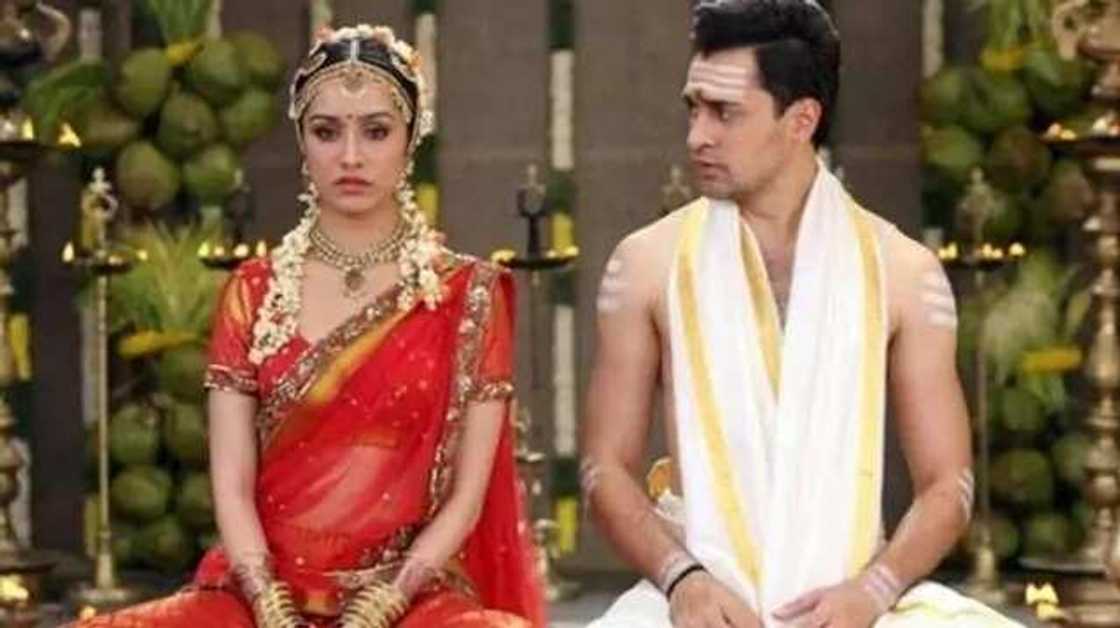
In some cases, the future marriage partner can be chosen by the children themselves, but not by their parents or matchmaker. In such cases, parents should give disagreement and not allow the marriage to take place, or to give consent to the selection and to let the marriage take place. These cases differ from the marriages of love, as the marriage customs have shortened or absent dating process, and the parents have the prerogative to disagree on the selection.
Arranged marriage in Korea
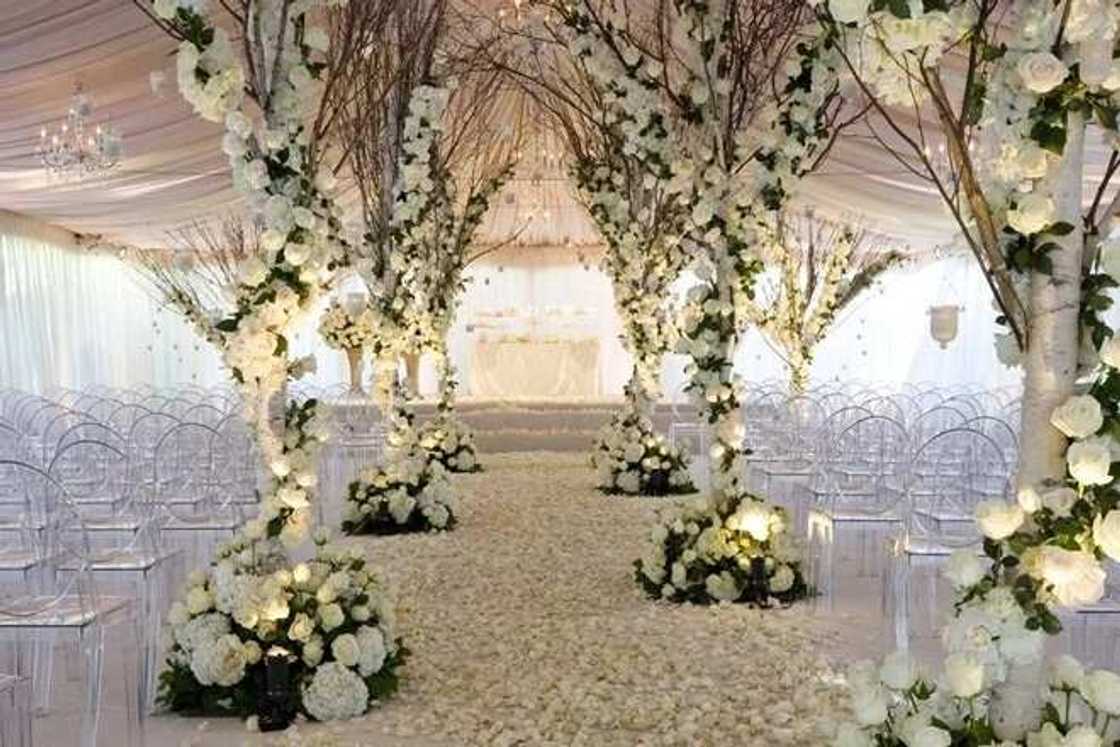
Arranged marriages are popular in South Korea. Usually, the parents arrange a blind date, but only a couple decides whether they want to get married. However, a preliminary study of parents and acquaintance of the candidate increases the chances of success compared to the usual blind date. The reason why this type of marriage is welcomed in Korea is that this is not just a matter of individual preference, but a question of the merger of two kinds.
As a potential candidate is introduced in advance and carefully examined, the couple will face far less resistance from the family members. It is extremely rare, that the first meeting with parents leads to a wedding, success comes only with holding a lot of meetings with various candidates. Since their first meeting, a couple begins dating for a few months before the wedding. The difference between arranged marriage and marriage for love is blurred in modern Korea, but arranged marriage reveals a greater degree of involvement of family members in the process.

Read also
REPORT: How COVID-19 increased child labour in Lagos state (parents, children share experiences)
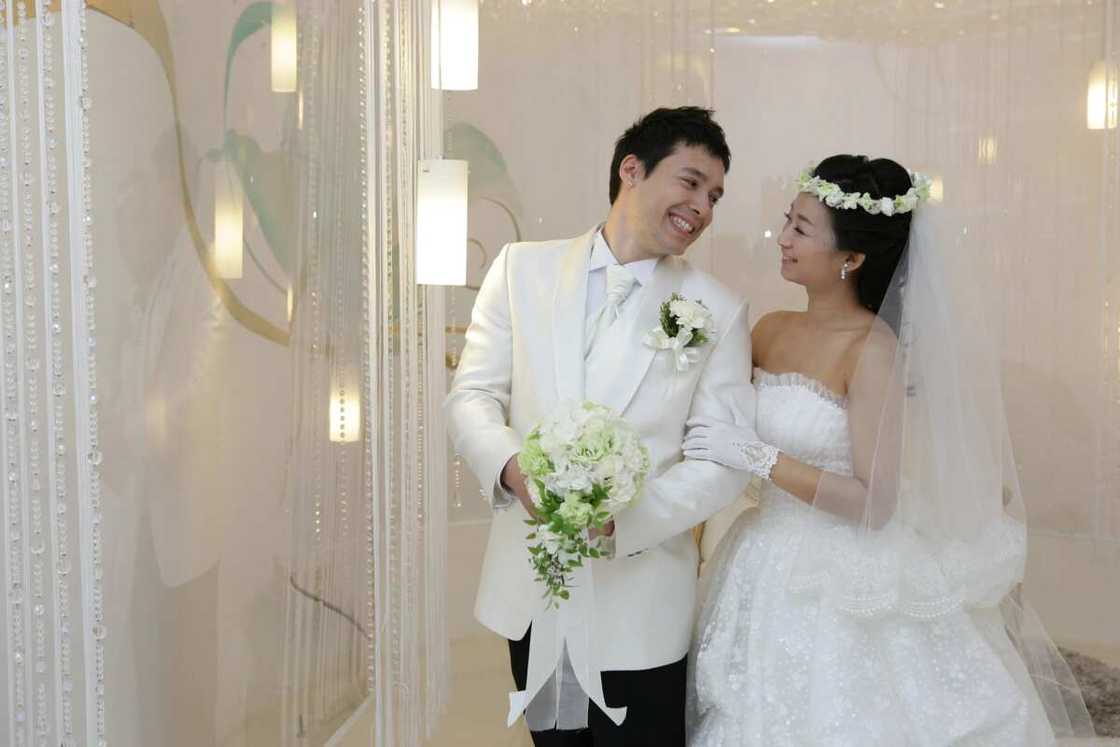
Matchmakers and marriage counseling are common in Korea. Families are their sons or daughters go to the matchmaker, or the single man or woman agrees to meet with the agent for the analysis of their CV and family history to find a marriage partner, who is suitable for his social status and salary potential. Koreans are very accurate writing the genealogy as it must be indicated in the summary. Matrimonial agents are paid for their services.
Arranged marriage statistics in India
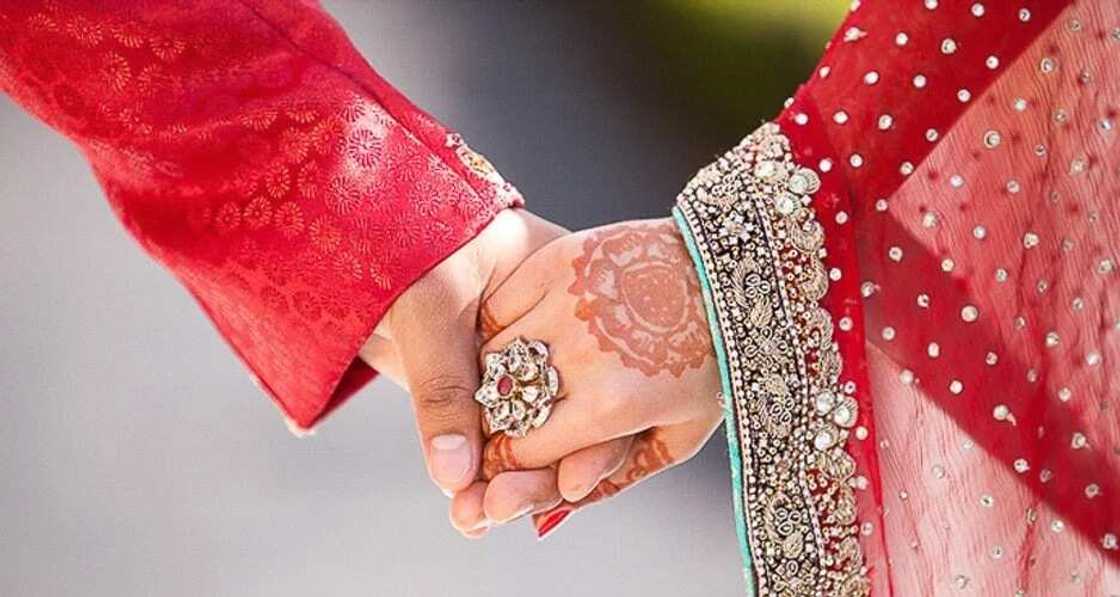
Indian arranged marriages have one of the most interesting traditions and stages. No traditional marriage can be compared to the accurate choosing of bride or groom in India.
Famous Indian network of hotels Taj Group conducted a study among young people aged from 18 to 35 years on what marriage they prefer - for love or for agreement? The results showed that more than 75% of respondents, of which 82% women and 68% of men consider an arranged marriage the most optimal choice for getting a life partner.
What is an arranged marriage in India?
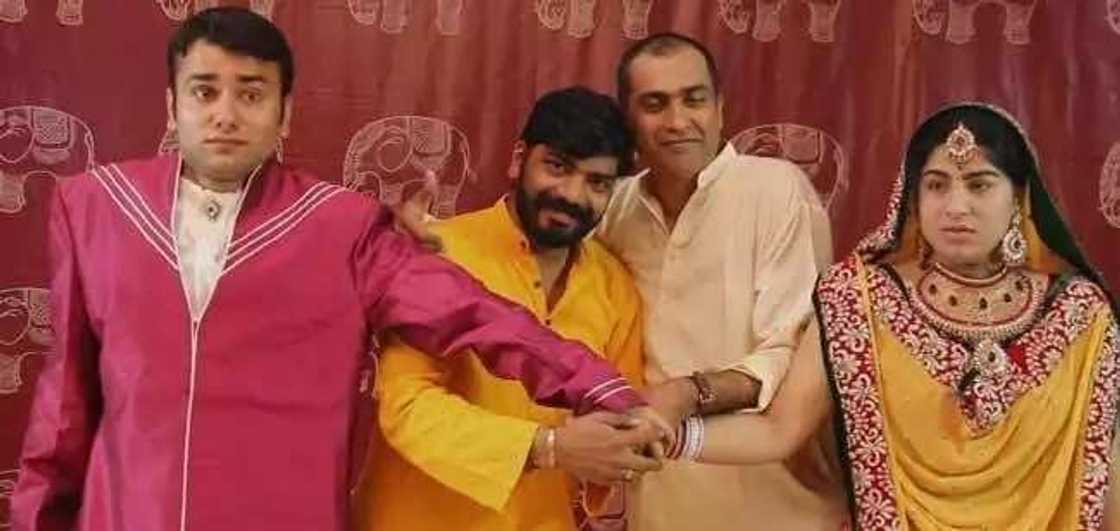
Arranged marriages are often confused with the so-called forced marriages. In the case of arranged marriages the parents take on the role of matchmaker and pick a partner for the life of their grown-up children, but none makes them do it.
Once parents receive the consent to the selection of the bride or groom, the fun begins. In the old days, the first thing was interviewing the friends and relatives – ‘whether there is a suitable young man for our daughter’ parents asked. Or write an advertisement in a newspaper looking for a wife for their beloved son. In modern India, the groom or the bride is increasingly searched through matrimonial sites.
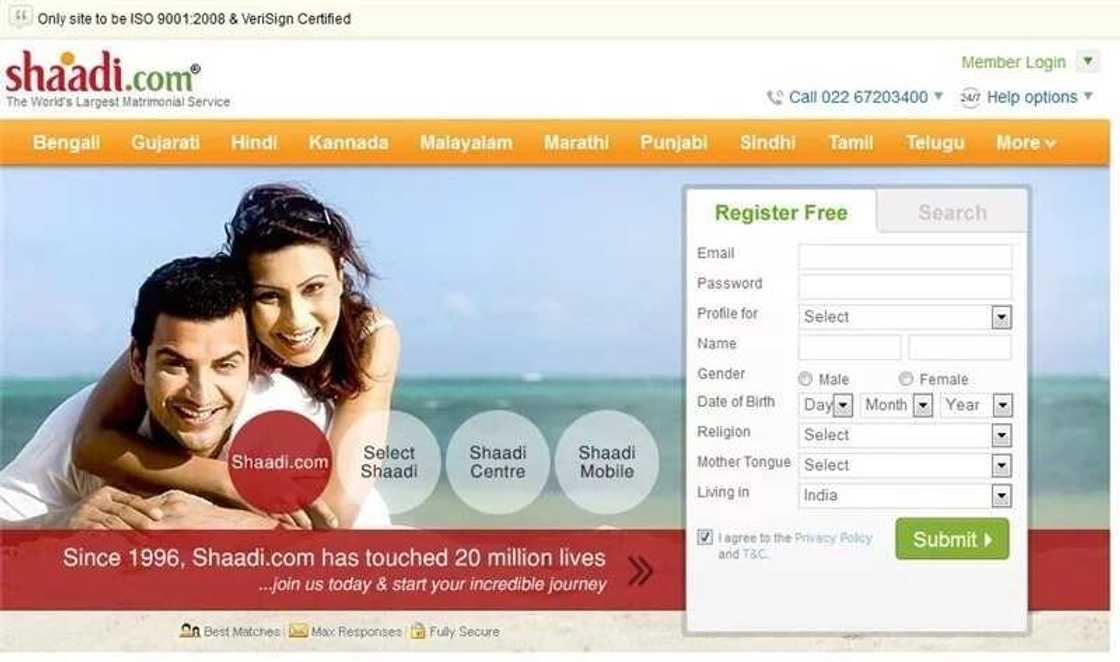
Typically, such a site has a created profile with a detailed list of characteristics of the bride or groom with a reference to external data, place of residence and work/school, caste (community), income, as well as the requirements of the partner. Then site offers some suitable profiles, selects, and contacts with interesting ones.
It is worth noting that the education and profession of the candidates has a considerable importance. For example, the school where the young man has studied can let parents make a conclusion about his hard work and mental abilities. Often, Indians try to find people belonging to the same profession - for example, the physician will choose a health care provider so that in the future there is an opportunity to start her or his own private practice. In addition, the same profession means a lot of common interests and even the general social circle.
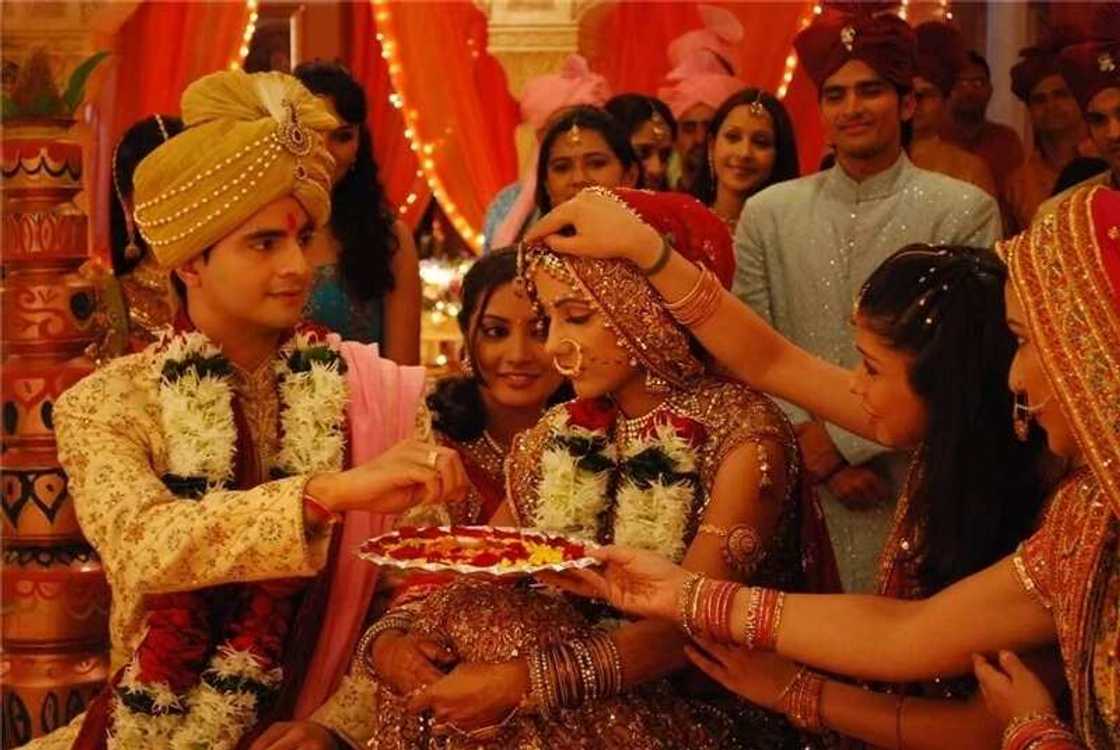
It is also common when the information on the website is not entirely accurate. That is why people are trying to learn more about each other using all the possible sources: social networking, mutual friends, a little espionage and even hiring a private detective.
If there is a mutual interest of the young people, an astrologer (or even two) requests the so-called ‘kundalini’. ‘Kundali’ is necessary in order to understand whether there is compatibility between the young people and whether the stars are not against this marriage.

Read also
Coronavirus not disastrous here, says Senate as NASS rejects N75,000 test fee for international flight

If all the gathered information suits both parties, parents write each other e-mails, call up or even meet to discuss the details. Later, they invite each other to visit their place, so called ‘showmanship’ - home atmosphere and overall environment.
The question of ‘dowry’ has a special place in the debate – the bride's dowry. Although not every family asks dowry, but if they still need it, the requests can be very high. It is said that the bride has to make purchases on the list drawn up by the groom's parents.

So after the parties come to an agreement, then the moment of meeting of the future bride and groom comes. If everything is good, then they assign the engagement date and then the wedding date. There are cases when the groom sees the bride only once before the wedding, but it does not prevent the spouses to live together in harmony for the rest of their life. Such relationship even has some kind of romance.
It also happens that at some stage the parties do not agree, and the search starts from the beginning. The reasons may be different, but the result is one - sometimes grooms, being already in the advanced age and with a fairly successful career cannot find a soul mate (also, do not forget that there are more women than men in India).
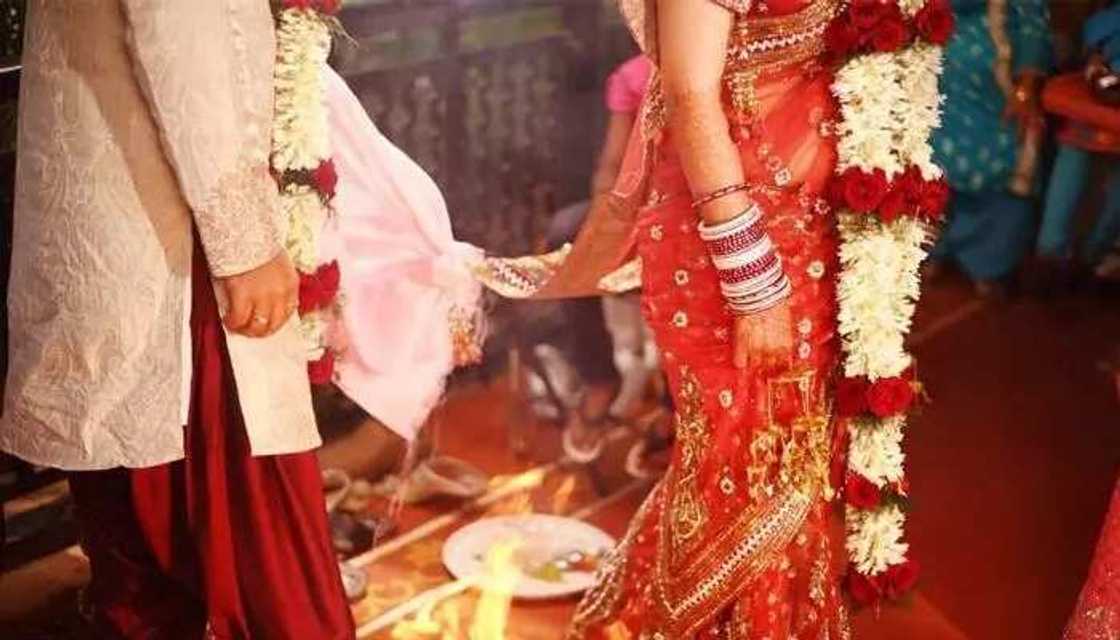
It does not mean that India does not have marriages for love. There are the inter-caste marriages, people marry foreigners - it's all there, but in much smaller numbers.
As for the divorce – Indian level of the divorces is one of the lowest in the world, but there is a tendency to its increase. Ten years ago there happened one divorce in a thousand marriages. But by 2015 this figure increased to 13 such cases.
Arranged marriage advantages

• This union is a responsible and conscious step for the both sides, the couple is not in the power of the senses, they are taking a decision having ‘a sober head’.
• Everyone gets the implementation of the target.
• In such a union the spouses do not have the love suffering; they are free from accusations of a lack of attention, etc.
• There is no reason for abuse and quarrels.
• There is no risk that wife stops loving husband or vice versa.
• Execution of ‘marital duties’ may not be mandatory, the main thing is to conceive a child.
• Family life cannot destroy this union.
Comparison with a marriage for love. What is better?
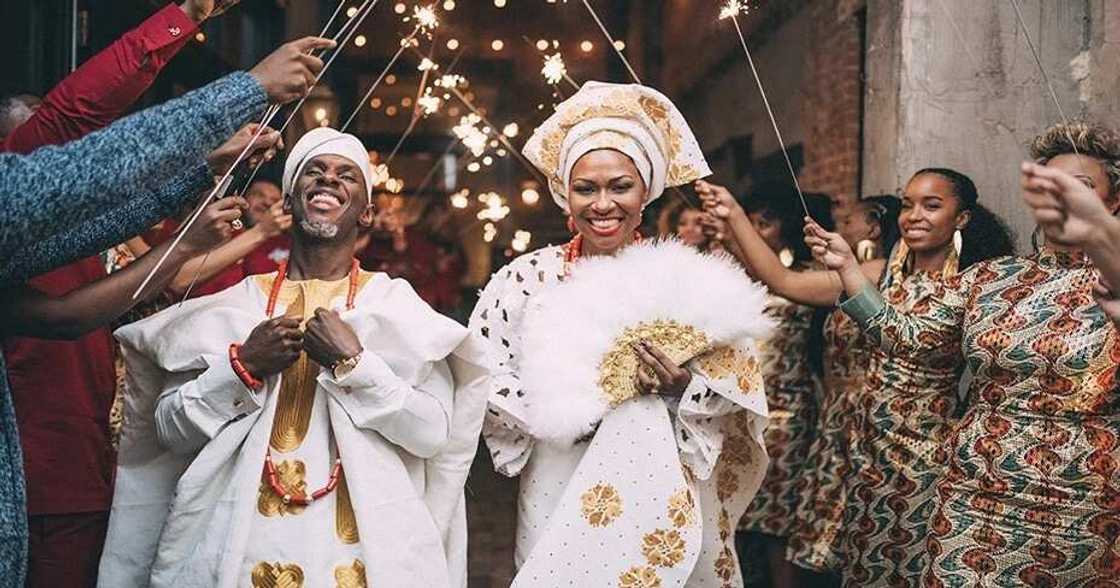
Source: Depositphotos
Love marriage is a union of two persons, based on mutual love, affection, attraction and liabilities. Although the term is somewhat different in the Western sense, where all marriages are regarded as ‘marriage for love’, it has a value which characterizes the concept of marriage, which is different from the ‘arranged marriage’ and ‘forced marriage’.
The institution of marriage for love is relatively recent. It appeared in the XVI century in Europe, where itinerant people romanticized prohibited marriages for love, which were independently and secretly arranged between the people, who had been put out of the church. Until then, there was just the creation of a legitimate marriage with the blessing of the clergy or church. Parents could give a blessing on behalf of the church or clergy.

Depending on the culture the marriages for love may be unpopular and disapproved. The concept of ‘marriage for love’ in the East (South East Asia) is different from the concept of ‘marriage for love’ in the West. In the West, marriage for love is preferable to an arranged marriage, in the East, traditionally - on the contrary (as, for example, popular Muslim marriage). Marriage for love is considered a generic shame, though modern Americanized East now finds marriages for love normal.
Conclusion
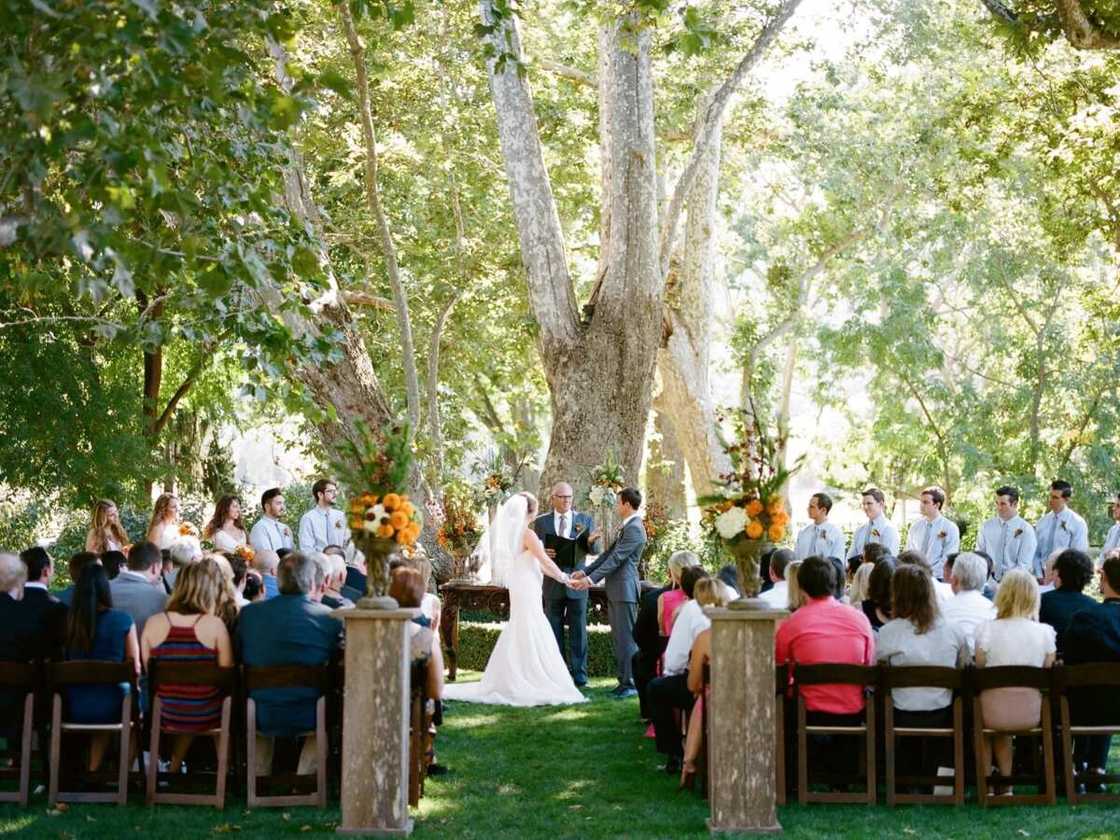
Yet a lot of people consider marriage without love, not a happy full-fledged union. Yes, it is cool to live with a wealthy, trustworthy and independent person, respect him, but without any love, such an alliance can become a suffering, because some things must be done, only because they are necessary. This is an opinion of a lot of people.
If you want to have a long-lasting and happy marriage, it is important to consider not only the financial side but also some other main aspects: the compatibility of partners in a physical and psychological sense, an experience of the future spouse, the ability to give and adjust, etc. Therefore, if you enter into an alliance, you need to pre-calculate all the ‘pros’ and ‘cons’.
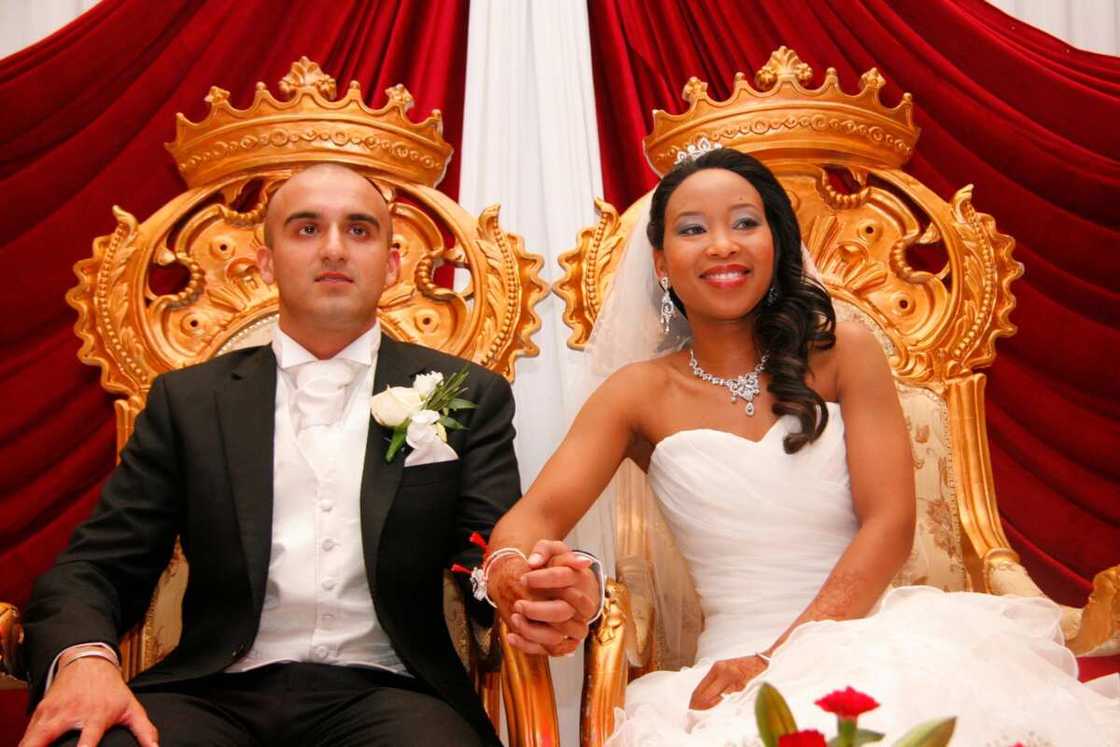
However, there are hundreds of known cases when already married people fell in love with each other and their union had all the pros of arranged marriage and love too. Of course, such people are very happy together. It is in the union where you can see warm friendship and very close relationship. Typically, people have children in such marriage very soon.
Each country, community, and nation has its own marriage institution. What do you think about the marriage arrangement? We agree that parents have chosen your husband?
READ ALSO: Personality types: This test of 4 questions will tell you who you really are
Source: Legit.ng




